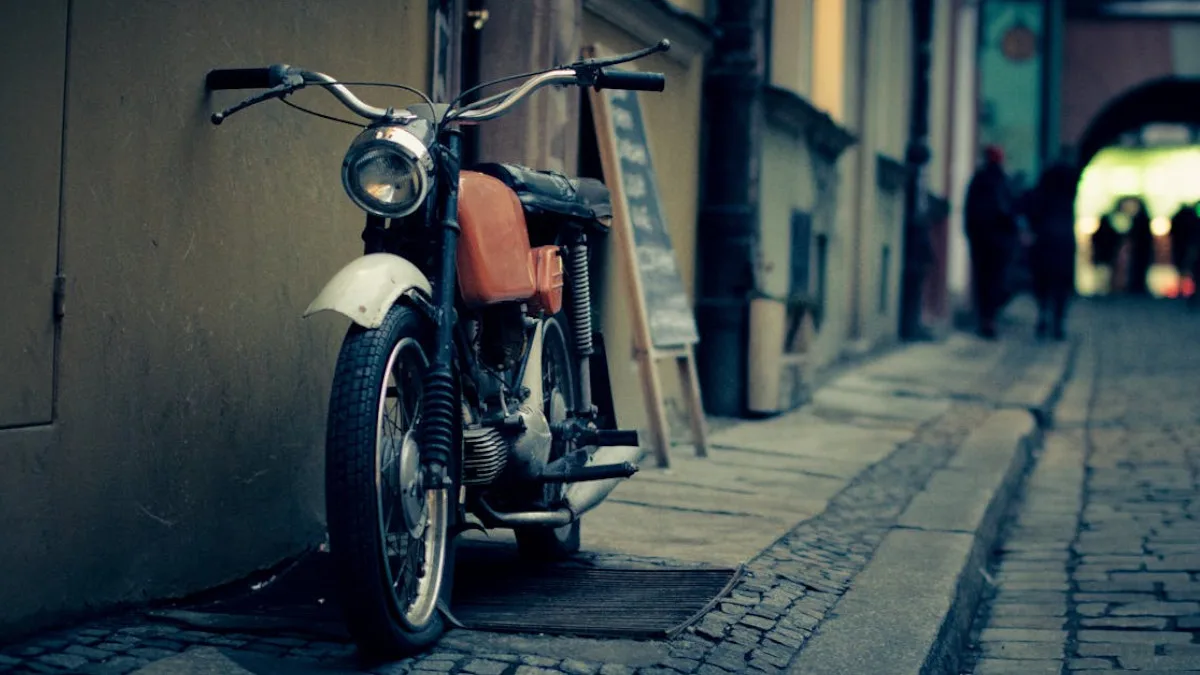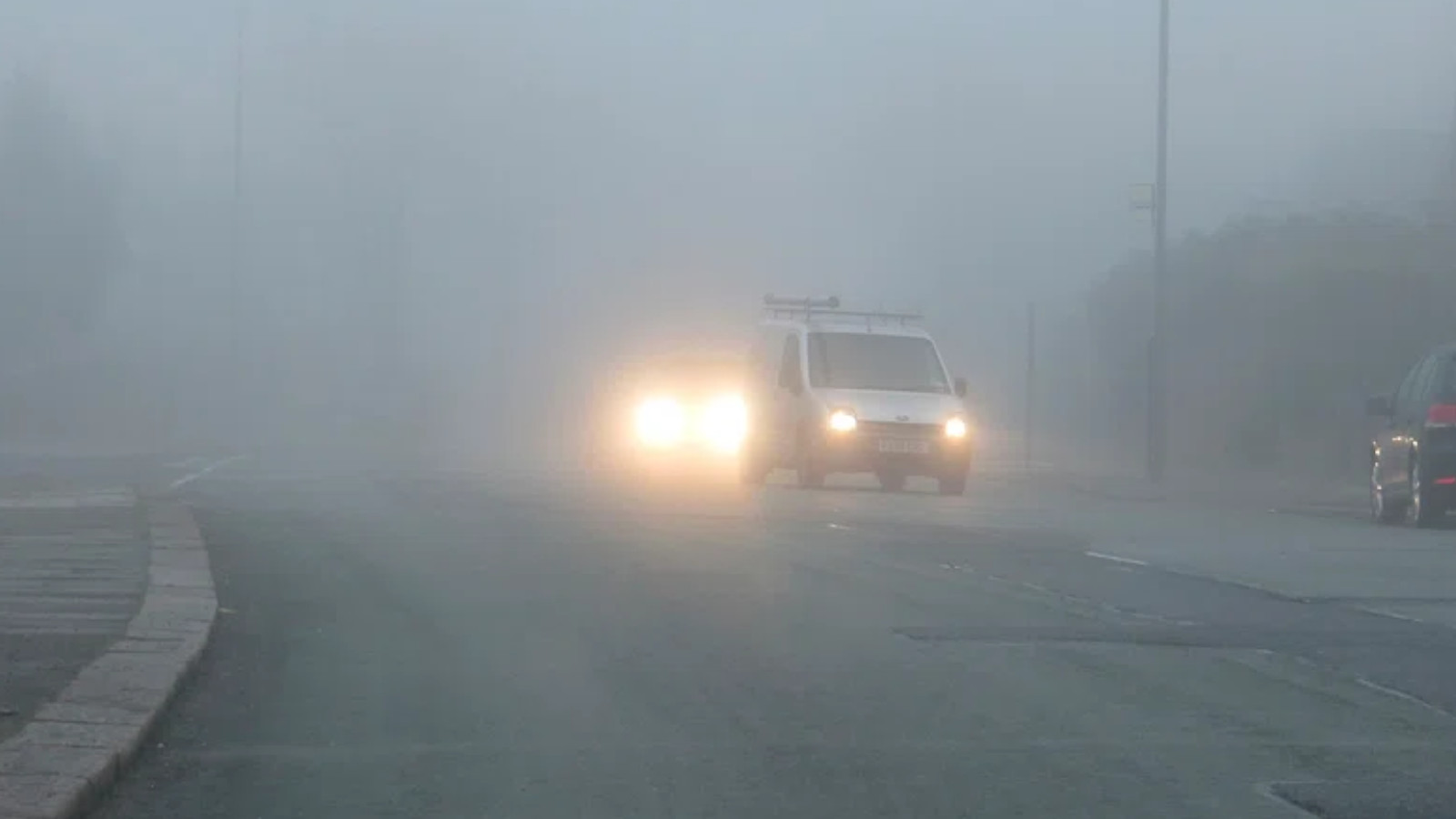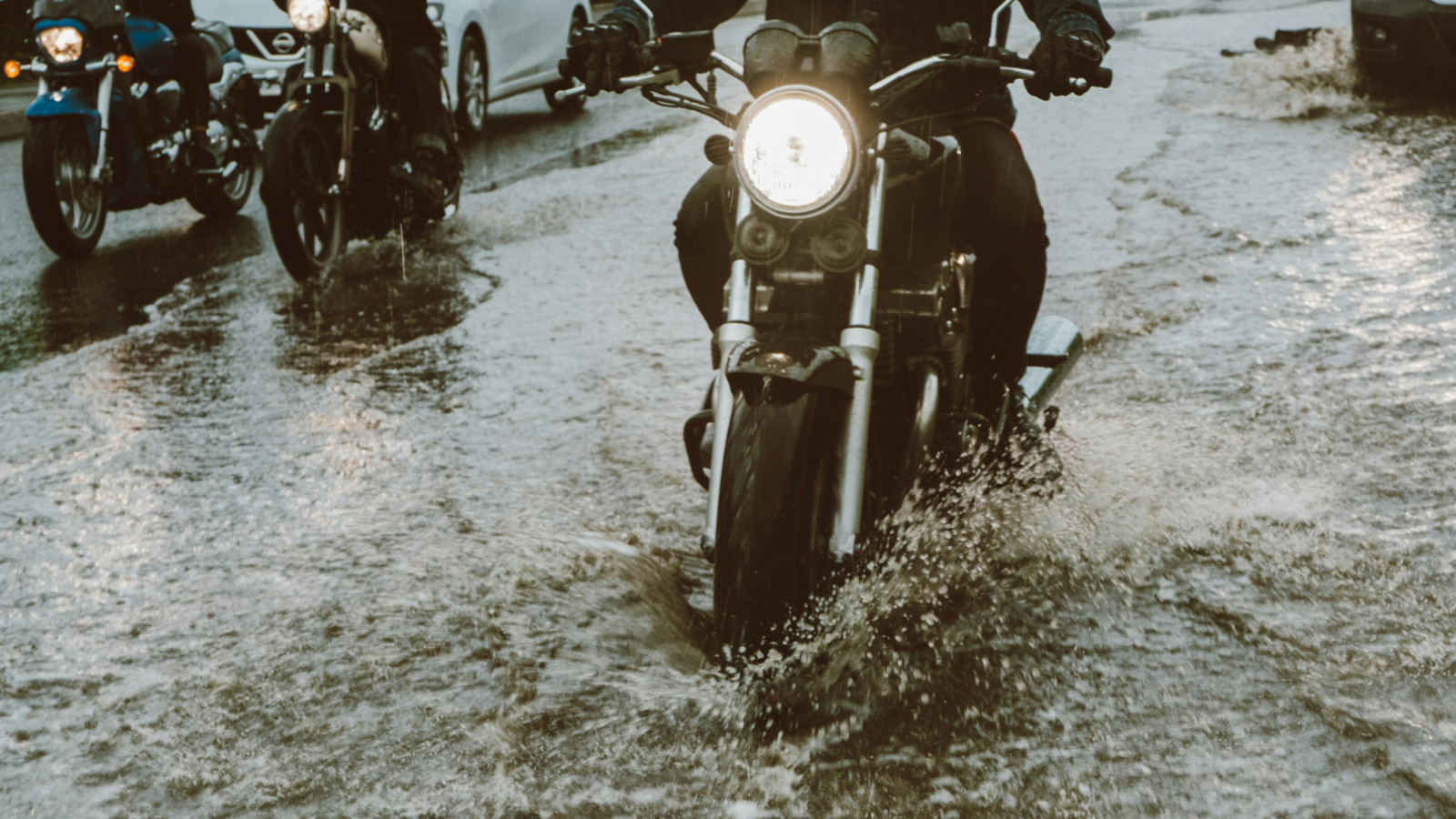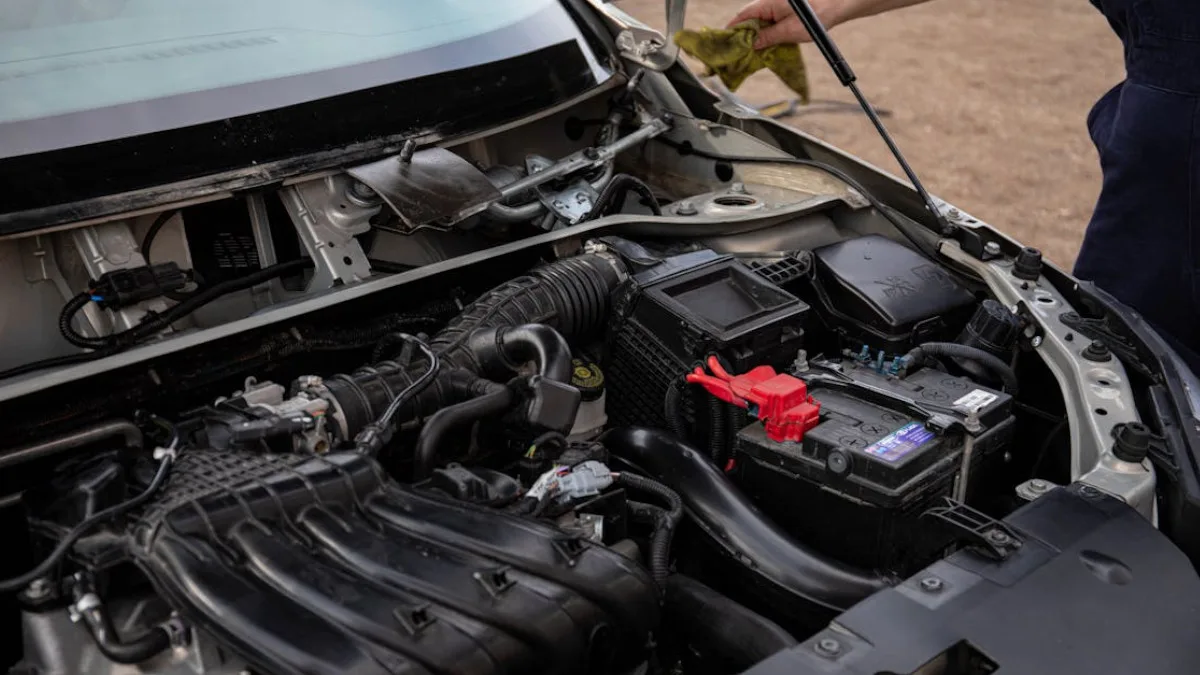There’s a certain charm to a classic motorcycle. The timeless design, the rumble of the engine, and the connection to a bygone era can be incredibly appealing to riders. But before you take the plunge and become the proud owner of a piece of motorcycle history, it’s crucial to do your research. Unlike shiny new showroom models, older motorcycles require extra care and consideration. Here are 7 key points to keep in mind before embarking on your vintage motorcycle adventure:
1. Know Your Needs and the Motorcycle’s Capabilities
Classic motorcycles come in a vast array of styles, from nimble cafe racers to powerful touring machines. Be honest about your riding experience and intended use. A heavyweight cruiser might be a handful for a new rider, while a lightweight enduro may not be ideal for highway cruising. Research the specific motorcycle you’re considering to understand its strengths and limitations. Online forums dedicated to vintage motorcycles can be a treasure trove of information and real-world experiences.
2. Be Prepared for Inspections and Potential Repairs
Unlike a new motorcycle with a warranty, an older bike might require some TLC. Factor in the cost of potential repairs and maintenance when determining your budget. Schedule a pre-purchase inspection by a qualified mechanic familiar with vintage motorcycles. This can uncover hidden problems and provide valuable insights into the bike’s overall health.
3. Embrace the Parts Hunt: Research Availability and Aftermarket Support
Parts availability is a crucial consideration for older motorcycles. Certain models, especially less popular ones, might have limited parts support. Research online marketplaces and specialist parts suppliers to gauge the availability of parts you might need. A thriving aftermarket scene for your chosen motorcycle is a plus, offering a wider selection of parts and performance upgrades.
4. Documentation is Key: Ensure Clean Title and Complete History
Never buy an old motorcycle without a clean title and proper registration. Verify the Vehicle Identification Number (VIN) matches the paperwork to avoid any ownership headaches. If possible, obtain the bike’s service history to understand past maintenance and potential issues. A well-documented motorcycle is generally a safer bet.
5. Take it for a Spin: The Test Ride Reveals All
A thorough test ride is essential before committing to buying a vintage motorcycle. Pay attention to the engine performance, clutch engagement, gear shifting, and overall handling. Listen for unusual noises, vibrations, or any signs of trouble. Ideally, take the bike on a variety of terrains to assess its capabilities.
6. Factor in Insurance Costs: Older Bikes Might Surprise You
While classic motorcycles might have a lower purchase price, insurance premiums can sometimes be higher. This is because certain insurers view older bikes as higher risk due to potential parts scarcity and the possibility of needing specialized repairs. Get quotes from different insurance companies before finalizing your purchase.
7. Safety First: Consider Upgrading Safety Features
While preserving the classic look is important, consider incorporating some modern safety features for peace of mind. Explore options like upgrading the brakes, adding turn signals if absent on the original model, or installing modern tires for better performance and grip.
By following these tips, you’ll be well on your way to finding the perfect vintage motorcycle that complements your riding style and budget. Remember, buying a classic bike is about the journey, the satisfaction of owning a piece of history, and the unique riding experience it offers.
Discover more from Wheels Craze - Automotive News, EV News, Car News, Bike News
Subscribe to get the latest posts sent to your email.





